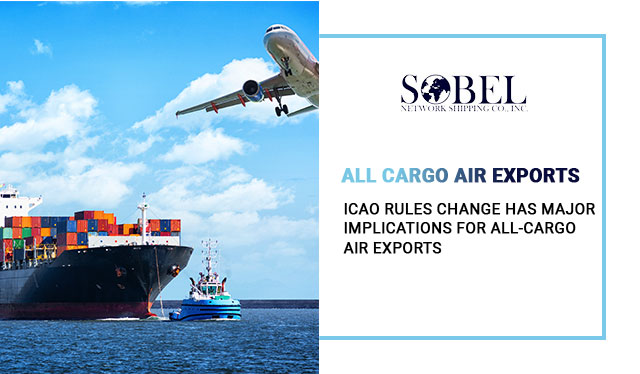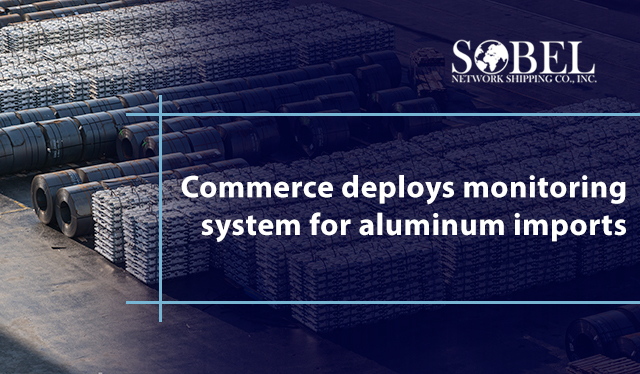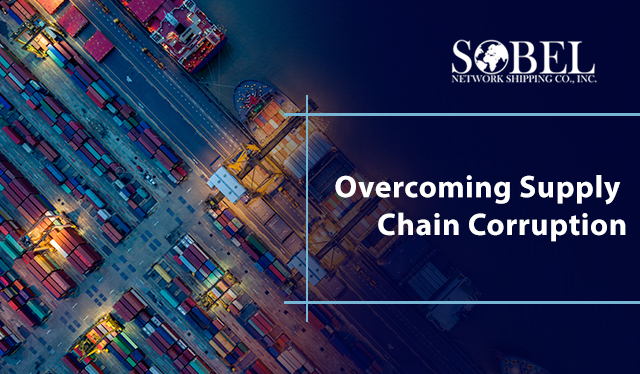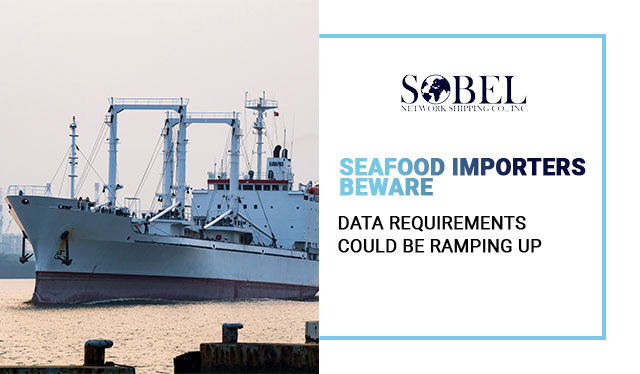The U.S. is one of the largest global markets for imported textiles used in the manufacture of furniture, clothing, and accessories. However, the importation of such products is not always easy and often takes time. You’ll need to take legal precautions per laws and trade barriers before importing textiles into the U.S. In this article, […]
Importation of Textiles Into the United States











